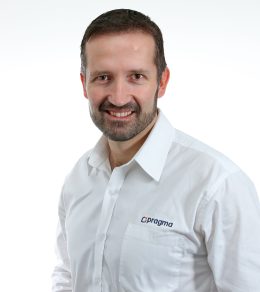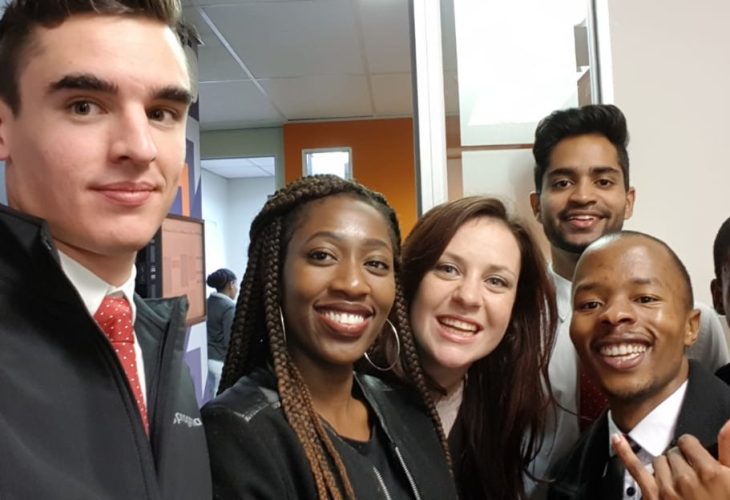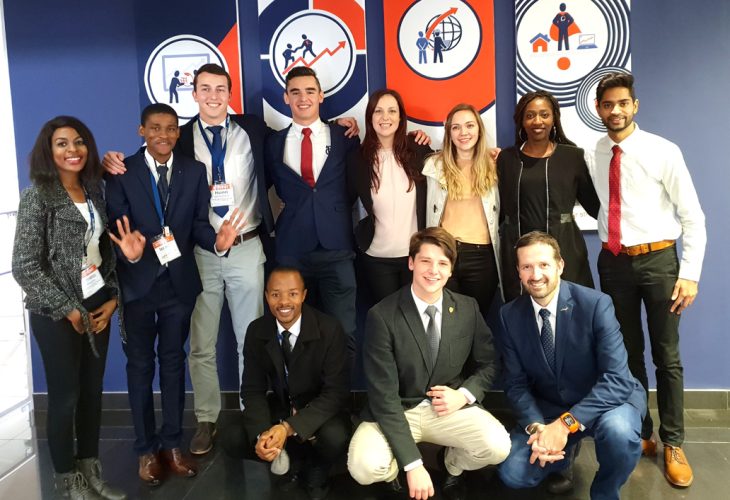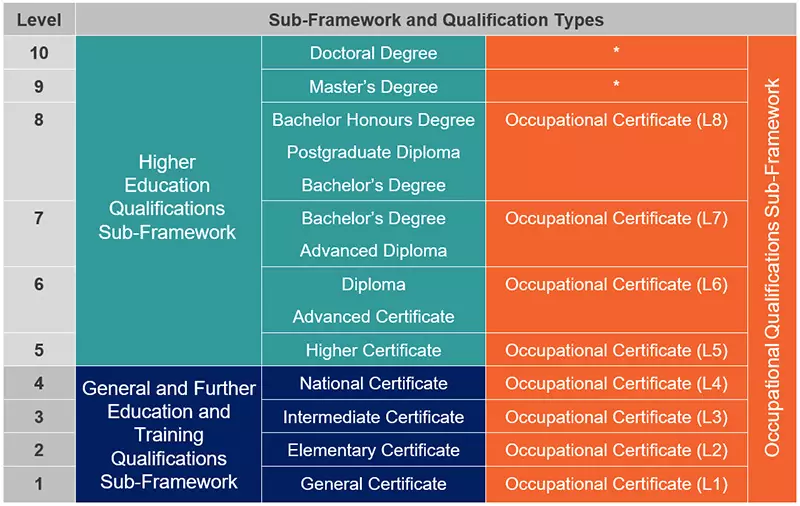Written by Stéphan Pieterse, Pragma Chief People Officer

Pragma Chief People Officer
When will we stop shaping our opinion of others based on what we see, or at times, on a single story we heard?
I once heard a guy say the following words when he stood in front of someone he just met: “When I look at you, I see me.” Simple words. Yet, so profound. He was discarding prejudice, based on what he saw on the outside, and simply acknowledged the fact that there was another human being in front of him. A person with similar basic human needs to him. Needs like recognition, safety, approval, love and fulfilment.
A few days ago I listened to, “The danger of a single story“, A TED talk by Chimamanda Ngozi Adichie. “Show people as one thing, as only one thing, over and over again and that is what they become.” She suggested that we take time to gather and listen to multiple stories of a person, a people’s group or even a country, to enable us, for example, to understand better, to support more effectively and collaborate better.
On Monday, 25 June 2018, I met a diverse group of ten young South African engineering students, who joined the 8th Annual Pragma Student Training Programme (STP). The STP is a 3-week journey of vacation work with a serious and very unique twist. Perhaps one of the programme’s attendees, Brian Sokhulu, a 3rd year B.Sc.Eng. (Mech.) student at the University of Cape Town sums it up best: “For me, it feels like this has been more of an intense self-development camp, than it has been a vacation work experience. That is not a complaint, but a compliment.”
During week 1 of the programme, I shared my life story with the students. A story filled with very challenging times, for example losing my father when I was five years old, growing up with very little money around, ending my studies with R55k study debt (in 1995) and almost losing my wife and children through my own poor decisions. In the same session, I also shared the “When I look at you, I see me” story. I encouraged them to remember that each of us has our own, and very unique, story and that we must take time to listen to each other’s stories. In any relationship, especially at work, this creates more empathy and understanding for each other, as well as trust, which I believe is a crucial element in the foundation of any solid team.
Little did I know how much I would need my own advice at the end of the next week.
During week two, one of the students seemed extremely disengaged to me. She struggled to stay awake in our sessions and genuinely seemed totally disinterested in the very unique opportunity for self-development presented to her on a plate. I was distraught. I was disappointed. I was angry. “What gives her the right to act like this? We are going through all this effort and this is how she thanks us? What an amazing opportunity to learn, but she is taking nothing in! She does not deserve her spot! There were so many others who would have loved to have an opportunity like this.” These thoughts were flooding my mind. I soon realised that I will have to follow my own advice. I had to look and I had to listen.
So, at the start of week three, I did just that. I took the time to see myself in her and to talk, to ask questions and to listen with the intent to understand. We started nervously and then, slowly but surely, she felt safe to open up and share. I listened to her story. A very sad one. No father as well. Tremendous financial challenges. Poor quality schooling. Her mother died three years ago and her grandmother a year ago… and on the morning of the afternoon she flew down to join the Pragma STP, she attended the funeral of her grandfather, probably the only father figure she knew. He died in her arms a few days before. Wow.
I felt so ashamed for allowing those thoughts to consume me a few days earlier. If I were in her shoes, would I have been able to act any differently? No. I saw myself in her. The same pain as a result of loss. Yes, the programme was awesome, but how could she be engaged in it with thoughts about her future, underpinned by the sore of the loss of yet another loved one. I thanked her for sharing (which does not come naturally to her) and encouraged her to do so more often. There will always be someone willing to listen, able to understand and more than eager to help her through challenging times.
After the programme, this same young student shared her “20 Key Aspects for 2018 since attending the STP” with me. These included no.1: Listen to others and give them a chance to speak, no.3. Get a life coach or mentor, no.7 Help someone out each day, no.13 Start focusing on my health and maintaining it, no.18 Volunteer at a school, a home or church, etc and no.19 Share my life stories with other young people to inspire them to be better and courageous.
Again I was surprised and my pre-conceived opinion about her being disengaged during the programme, shattered. All her keys were things we discussed during the three weeks! She did look and she did listen!
At the end of the programme, I saw something so very very beautiful. I saw ten human beings, each with different and unique stories, who spent three weeks listening to those stories. Human beings, who then eliminated prejudice based on gender, colour, clothing, looks, religion, education, wealth and so many other things we tend to base our opinions of others on, and rather saw themselves in others. They were able to lay the foundation for life-long friendships because they looked and listened. I was shown how the dream of a Rainbow Nation can, in fact, become a reality. How people from all backgrounds can work together to create inspiring and world-changing results. I was in awe.

It was Nelson Mandela who said in the Soweto address of 2008: “A fundamental concern for others in our individual and community lives would go a long way in making the world the better place we so passionately dreamt of.”
How concerned are we really for others? Does it just stay with words like these I have written here, or are we going out there to transform the concerns into actions? I’ve seen many South Africans who do just that and I salute you all. There is, however, the opportunity for a lot more of us to do the same!
And finally those famous words from Mandela’s autobiography, A Long Walk to Freedom:
“No one is born hating another person because of the colour of his skin, or his background, or his religion. People must learn to hate, and if they can learn to hate, they can be taught to love, for love comes more naturally to the human heart than its opposite.”
South Africa and the World: When will we stop shaping our opinion of others based on what we see, or at times, on a single story we heard?
I dare you: Look and listen.

To get in contact with Stéphan, visit his LinkedIn profile.
